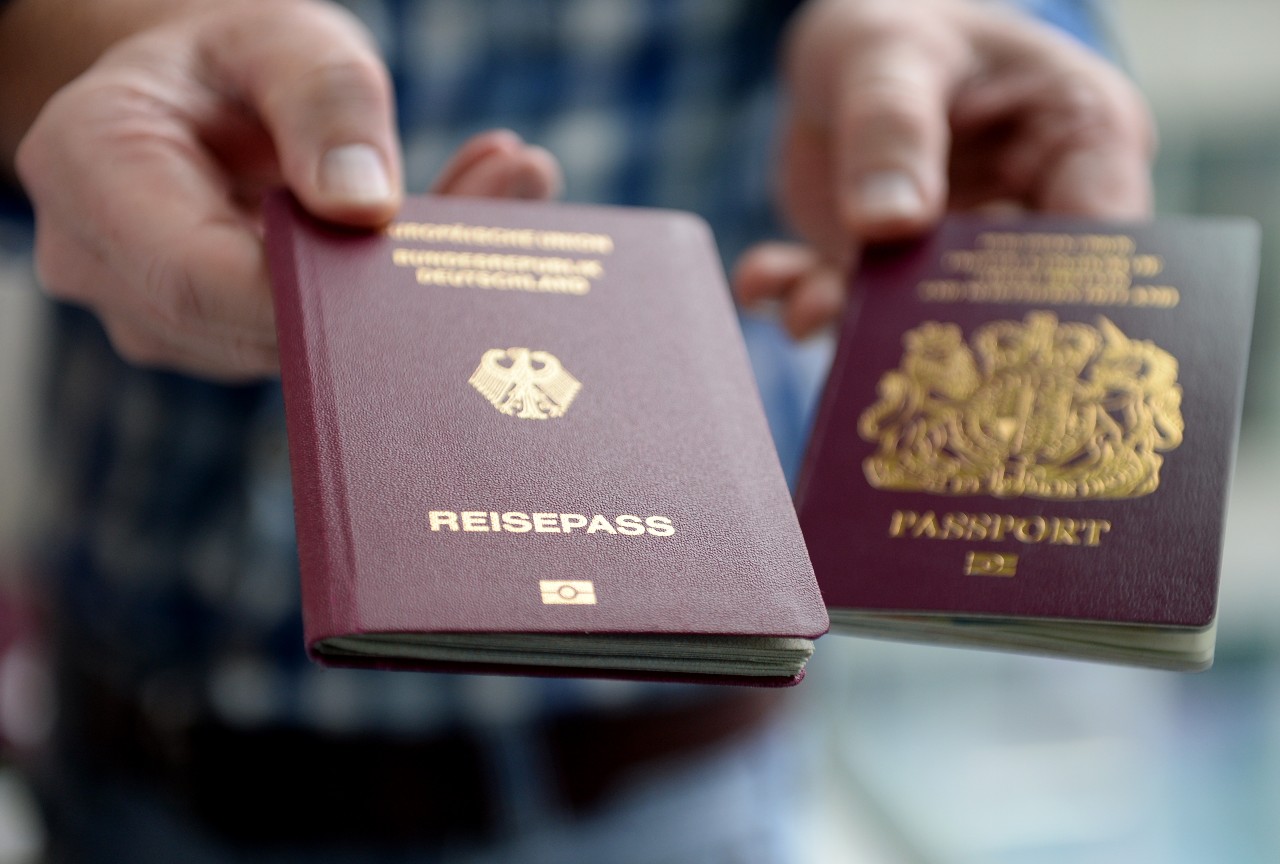Inside Germany is our weekly look at some of the news, talking points and gossip in Germany that you might've missed. It’s published each Saturday and members can receive it directly to their inbox by going to their newsletter preferences or adding their email to the sign-up box in this article.
Should foreigners be worried about anti-immigration policies from parties?
Germans are getting ready to vote in the snap elections on February 23rd.
As the campaign gets underway, frontrunner parties keep taking aim at immigration and German citizenship.
The CDU and its Bavarian sister party, the CSU, have consistently vowed to dismantle the naturalisation reform that was brought into force by the previous 'traffic light' coalition led by the Social Democrats, Greens and Free Democrats.
The bloc is on course to scoop up the highest number of votes with around 30 percent, according to recent polls.
READ ALSO:
- Why is dual citizenship still so controversial in Germany?
- Bavaria's conservatives pledge return to eight year rule on naturalisation
Meanwhile, the far-right Alternative for Germany (AfD) has been making headlines recently for handing out 'deportation ticket' flyers and tightening its views on migration, including endorsing the controversial term 'remigration'.
The AfD has been doing well in recent polls, getting around 20 to 22 percent of the vote. That suggests they are the second most popular party in Germany behind the conservatives.
All of this anti-foreigner rhetoric from leading parties and pledges to clamp down on immigration and citizenship policies is understandably sparking worry among the foreign population.
Clearly there is cause for concern, but it's also helpful to understand how the election system works in Germany to know the limitations of power.
Aaron Burnett wrote in our explainer on the German voting system this week: "Even though these parties are leading in the polls, it doesn't mean these particular proposals are going to become law in Germany. The reason for that has a lot to do with how Germany votes and distributes seats in the Bundestag - the lower house of parliament."

The Union bloc is well ahead but under Germany's form of 'mixed proportional representation', or MMP, it would only get about a third of seats with current voting numbers - and therefore it would need a coalition partner to agree to repeal citizenship reforms.
You might think that the CDU would team up with the AfD in a coalition to achieve this. But that is not forecast to happen - because all mainstream parties in Germany are against working with the far-right due to the country's dark Nazi history. In fact, Zeit Online's election outcome forecasts put the odds of any coalition involving the AfD as "near zero".
Meanwhile, the SPD and Greens have a more liberal view of immigration than the CDU/CSU and they brought in the reform themselves - so they are unlikely to agree to changing it if they enter a coalition with the conservatives.
All of this is to say that these are no doubt worrying developments, especially for the foreign population and those with a migrant background in Germany. This can lead to changes in policies and other parties adapting their stances. But it doesn't mean that laws are set to change or that Germany will have a far-right government.
READ ALSO: How would a strong AfD election result impact foreigners in Germany?
What questions do you have about the election?
Do you have a question about the nationwide vote that you'd like us to answer in an article? Submit your questions here.
Germany's favourite job?
It's fair to say that having a title like 'doctor' or 'professor' has a particularly high status in Germany.
Apparently this is a map of dream jobs by country. Looking at Germany, it feels pretty legit.
— Nic Houghton (@40percentgerman.bsky.social) 17 January 2025 at 08:17
[image or embed]
Annoying your German neighbours
One of our most read stories this week has been our feature on ways you can accidentally annoy your German neighbours.
Those of you who live here (or have in the past) will be aware that it's not difficult to get on your German neighbours' nerves.
That's because there's a whole array of unwritten rules and etiquette that you have to follow to stay on everyone's good side.
Perhaps you're surprised to hear that getting your vacuum cleaner out at the wrong time of day or worse - on a Sunday - may put a black mark against your name.
Similarly, having a pet that likes to run around or bark loudly might be a problem for those who live downstairs from you.
Some of these cases even end up in court. A ruling in Cologne once concluded that pet dogs were allowed to bark for just 30 minutes a day - but only for 10 minutes at a time.
Of course, the number of arguments or passive aggressive notes you get will also depend on how friendly your neighbours are, or how strict your Hausverwaltung (property management) is. We recommend getting familiar with the rules to be on the safe side.

Comments (1)